01. Definition
Circular economy
How to shape a sustainable future?
The circular economy aims to change the paradigm in relation to the linear economy, by limiting the environmental impact and waste of resources, as well as increasing efficiency at all stages of the product economy. The recent warnings about waste pollution and the limits of natural resources are encouraging the development of a circular economy. What is the definition of circular economy, what are its benefits and the solutions to achieve it?


02. Causes
Circular economy principles
- Sustainable procurement: development and implementation of a responsible purchasing policy
- Ecodesign: process of reducing the environmental impacts of a product or service throughout its life cycle
- Industrial and territorial ecology: search for eco-industrial synergies at the scale of a business area - the waste of one company can become the resources of another one
- Economics of functionality: collaborative economy that favors use over possession and thus tends to sell services related to products rather than the products themselves
- Responsible consumption: rational consumption and choice of products according to social and ecological criteria
- Extending the duration of use: through repair, reuse and repurpose
- Recycling: treatment and recovery of the materials contained in collected waste.

03. Impacts
Circular economy benefits
- Environmental: the first advantage of a circular economy is the protection of the environment, reducing waste and the emissions of greenhouse gases, systematizing recycling, and ending planned obsolescence. The circular economy also allows to decrease the dependence on importation of resources (raw materials, water, energy).
- Economic: another huge benefit of the circular economy is that it stimulates innovation and boost economic growth, and could in the long run enhance the competitiveness of national companies.
- Social: in addition, the circular economy creates jobs and enables people to save money, cutting unemployment and poverty as well as reducing the social impacts of pollution and climate change.

04. Solutions
Circular economy solutions
05. Implementations
Circular economy solutions implementations
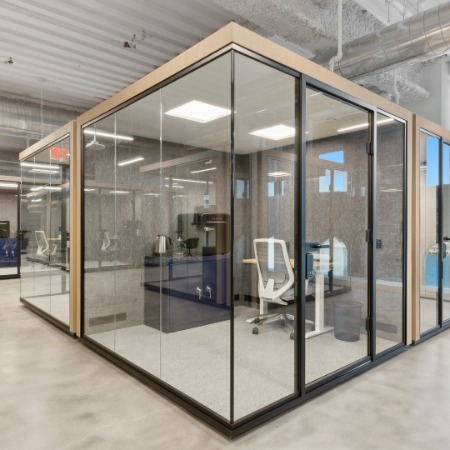
JUUNOO Interior walls by JUUNOO implemented by Two Trees Management in Brooklyn (United States) in 2024
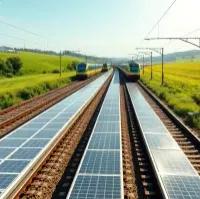
Greenrail by Greenrail S.r.l. implemented by Ferrovie Emilia Romagna in Emilia Romagna Region (Italy) in 2018
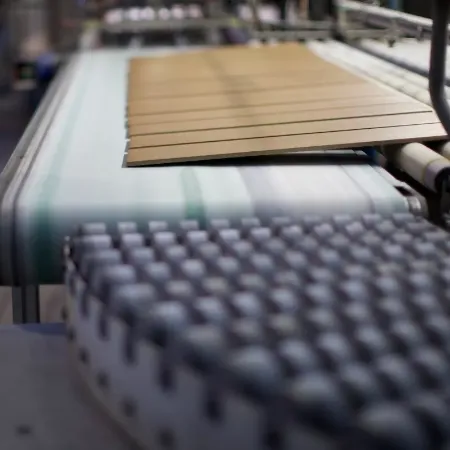
3Rtiles by Ceramiche Europe & Italgres implemented by ADEO in Paris (France) in 2024
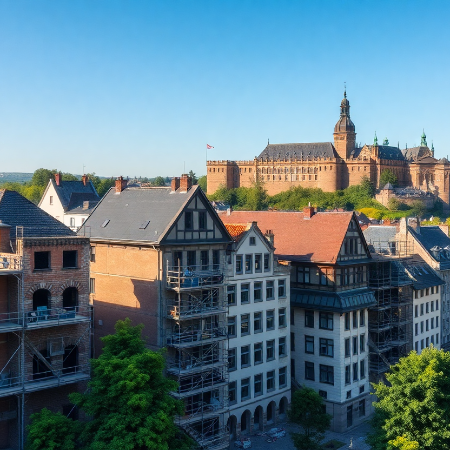
Madaster by Madaster implemented by City of Heidelberg in Heidelberg (Germany) in 2022
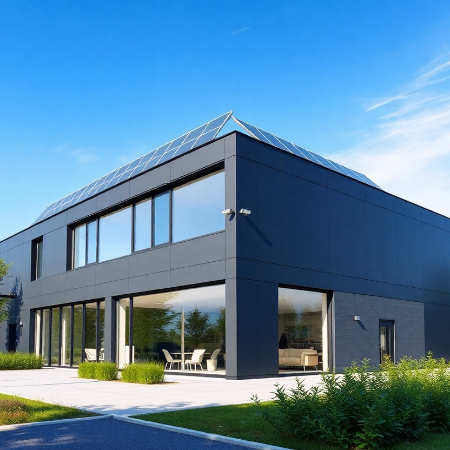
Wall E+ by Caerostris implemented by Solutions Composite in Tours (France) in 2019
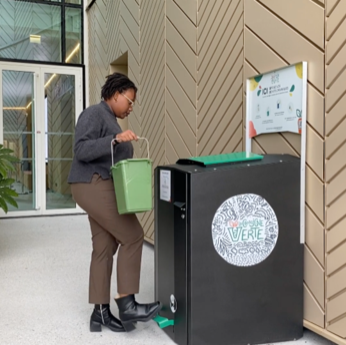
La Consigne Verte by TRIBIOVAL implemented by Le Connecteur in Biarritz (France) in 2023

NetHire by NetHire implemented by Solar A/S in Copenhagen (Denmark) in 2020
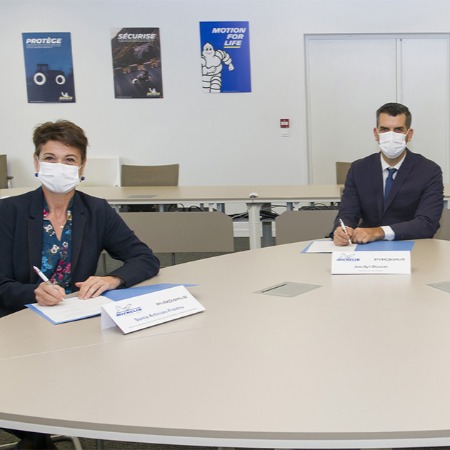
Pyrowave by Pyrowave implemented by Michelin in Clermont-Ferrand (France) in 2020

Liquids Bulk Expert by Jean Bouteille implemented by L'Occitane en Provence in Manosque (France) in 2021
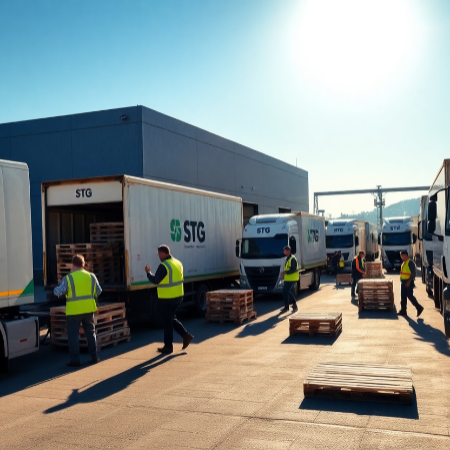
MagicPallet by MagicPallet implemented by STG in Rennes (France) in 2022

Hipli by Hipli implemented by Chambre de Commerce et d’Industrie des Landes in Mont-de-Marsan (France) in 2022

Hipli by Hipli implemented by Balzac Paris in Paris (France) in 2022

Collaborative Recycling by Corecyclage implemented by City of Paris in Paris (France) in 2018

Reflaunt by Reflaunt implemented by Kering in Singapore (Singapore) in 2022
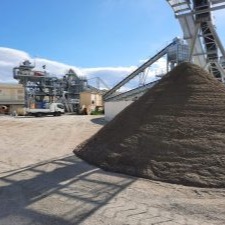
SAVE SAND by MS implemented by Vaills in Baho (France) in 2022
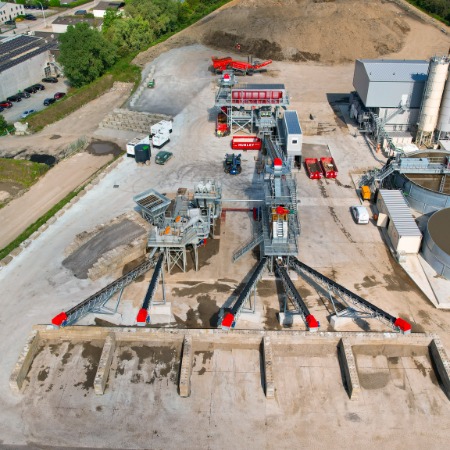
SAVE SAND by MS implemented by Hublet in Floreffe (Belgium) in 2024

06. Challenges
Circular economy challenges
- Institutional: rules and regulations need to be adapted to encourage and promote the development of the circular economy, both nationally and internationally. In fact, strengthening local governmental policies to support its implementation, as well as bringing clear legislation are key to promote the transition towards circular economy business models.
- Economic: business transformation is costly. Therefore, financial incentives are essential to achieve circular economy. Lowering VAT on recycled products and increasing tax on virgin raw materials are examples of solutions that could be adopted to accelerate the uptake of circular economy initiatives.








